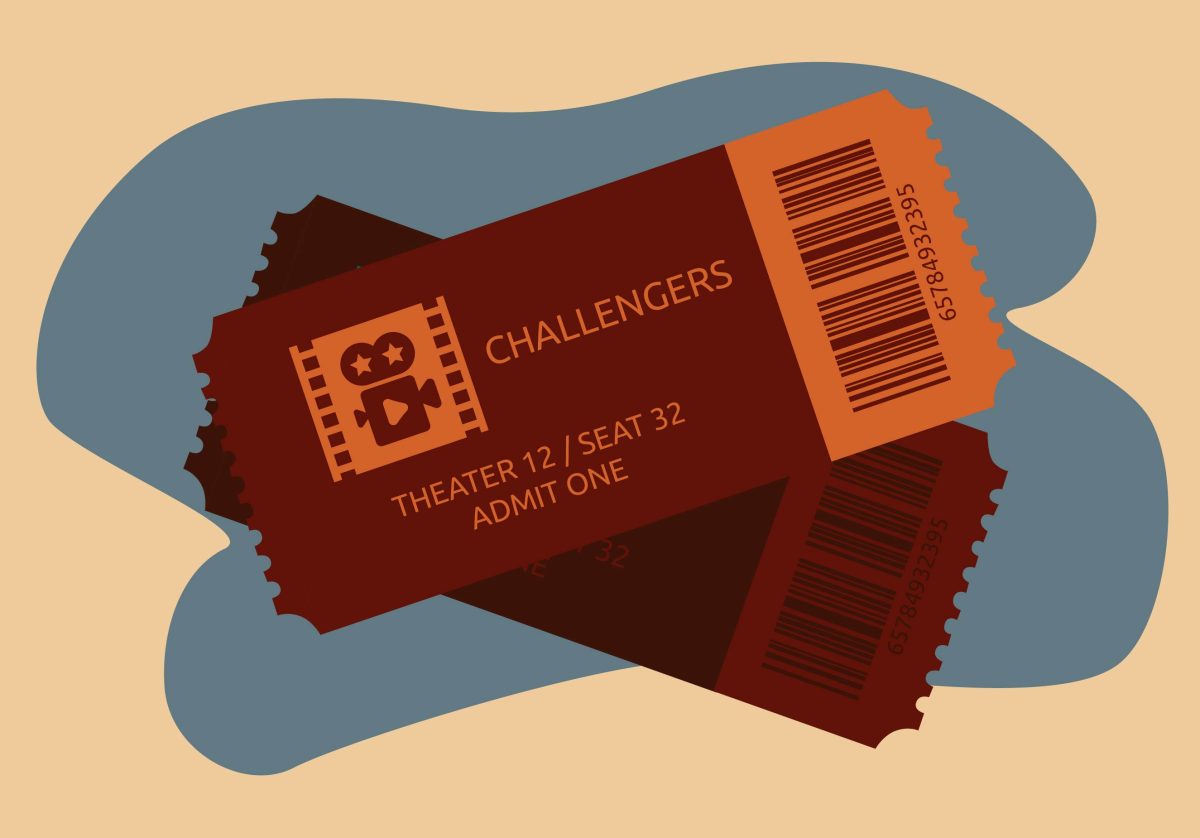But for a few relatively small projects — “Slender;” 2010’s wildly successful “Amnesia: the Dark Descent” — few games billing themselves as horror actually managed to scare anyone.
Many agree that gaming’s “survival-horror” genre has lost its panache, but Lunar Software, a U.K. game studio made up of three or four developers, is stepping into the horror game arena with “Routine,” a first-person sci-fi adventure.
A few features make “Routine” unique beyond the game’s much-discussed 1980’s floppy-disks-and-tape-recorders space aesthetic, according to lead designer Aaron Foster.
Perhaps most noteable is how randomness governs the experience — it’s completely non-linear.
While most games, horror especially, provide the player with a fixed objective and one or a few routes to complete it, “Routine”‘***s abandoned moon-base environment is modular.
This, Foster said, is how “Routine” assuages cheap scares in favor of sustained suspense.
“Nothing is scripted to happen at exact moments like in movies and most ‘horror’ games,” he said.
Each section of the base is sectioned off by airlocks, which Foster said will be locked and unlocked at random. Every time you start a new game, your mission to uncover what befell the base will remain, but your path to doing so, the supplies you find and the terrors you encounter along the way will be change on each playthrough.
And you will be starting over often. “Routine” enforces permanent death, which is exactly what it sounds like.
Similar to roguelikes like the “Binding of Isaac” and “Spelunky,” death in “Routine” means starting over. Quick-saving milquetoasts be warned: In “Routine,” every step matters.
Foster assured there are also opportunities to deviate from your primary goals. There are dangerous sections of the base that mean nothing to the story, he said, but may contain interesting lore or handy equipment.
Foster explained that increasing the risks of exploration actually makes the experience more rewarding. He referred to 2011’s “Dark Souls” as an example of a risk/punishment/reward cycle done right.
“Dark Souls reminded us of consequences, and I love [the developers] for taking that risk.”
Foster said the 2011 cult favorite was among the major philosophical influences for “Routine.”
As far as mechanical and thematic influences, “Routine”’***s isolated space setting and suffocating atmosphere point to “System Shock 2,” though Foster boasted their project to be both more unpredictable and more streamlined.
One of the ways Lunar Software is working to make the player feel vulnerable is through what they call “full-body awareness.”
The problem with most first person shooters is that your avatar rarely feels corporeal — you’re essentailly a floating camera with a rigid gun-toting arm glued to your face.
“Routine”’***s developers, on the other hand, are using a mechanic popular among military simulators like “Arma” called “deadzone aiming.”
This makes it so that within a certain radius, or “dead zone,” the avatar moves his arm without changing the frame of view. You can aim about as effectively, though it takes some getting used to.
It serves to somewhat detatch your avatar’s “head” from his “arm,” which, Foster says, makes the game feel a bit more tactile.
Foster acknowledged “Routine” makes some steep demands of players and said the game wouldn’t hold up in a mass market.
“I think that most people don’t want consequences when they play a game,” he said. “People want to relax on the couch and play through a well-scripted story or explore a world without any challenge.”
But maybe it’s a lack of challenge that keeps modern “horror” games from actually being horrifying. And maybe it takes a team of four working on a shoestring budget to produce a game that’s ready to challenge people enough to freak them out.
“We’re not making ‘Routine’ for a large amount of return,” Foster said, “We really just want to make a game that people will either love or hate.”
The developers have yet to confirm a date for “Routine”’***s release, but it’s expected to become available on Steam sometime early next year.






















